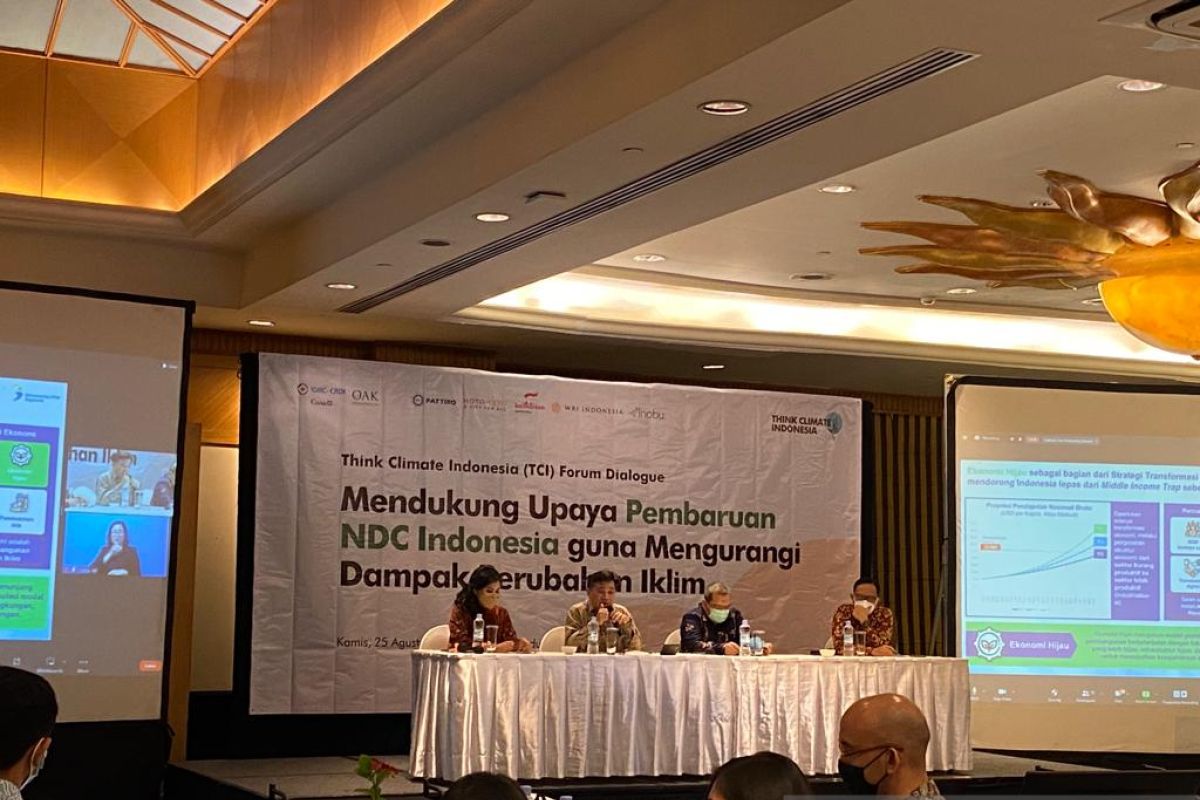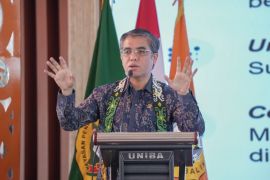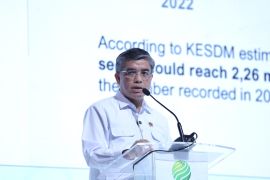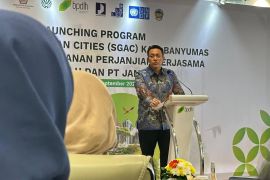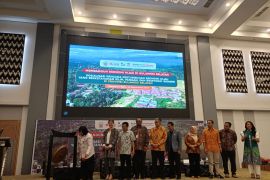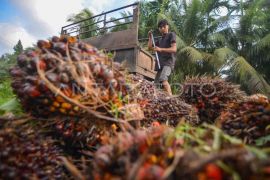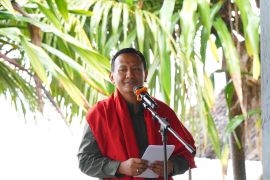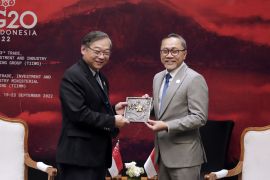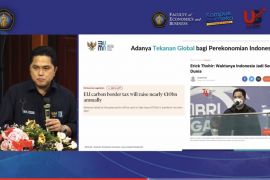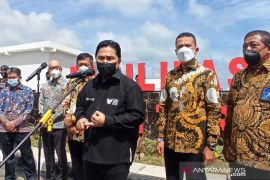"The trend is improving. However, what (aspects) are improving, since the indicators are a composite of economic, social, and environmental aspects, and it turns out that what had been improving are the composite of economic and social indexes. The environment ranked the lowest," Medrilzam, the environmental director at the National Development Planning Ministry, delivered the statement during the Think Climate Change Indonesia Forum Dialogue accessed here on Thursday.
Indonesia's green economic performance during the 2011-2020 period showed a composite score of 59.17 in 2020. Economic performance indicators were shown to be the most progressive, with the score increasing, from 34 in 2011 to 74 in 2020.
Medrilzam also showed four other indicators -- forest cover, managed waste, industrial labor productivity, and life expectancy -- that scored very well, capped above 75.
The environmental aspect scored the lowest composite index of all, mostly due to the low share of new and renewable energy and the rate of degraded peatlands.
The results showed that several measures had to be taken to improve the performance of environmental indicators.
"Although recently it has improved somewhat, it is clear that a lot of efforts are still needed," he highlighted.
He brought attention to the notion that developing an economy through low-carbon and climate-resilient improvement presented several challenges and opportunities.
The opportunities included the huge investment, technology transfer and innovation, energy transition strategies, and preparation towards green jobs.
Concurrently, there were opportunities in creating green jobs, decarbonizing urban areas, and regulating carbon trading.
Related news: Research, innovation keys to create digital green central bank: BI
Related news: Blue economy can bolster residents' well-being: Ministry
Translator: Prisca T V, Mecca Yumna
Editor: Rahmad Nasution
Copyright © ANTARA 2022
